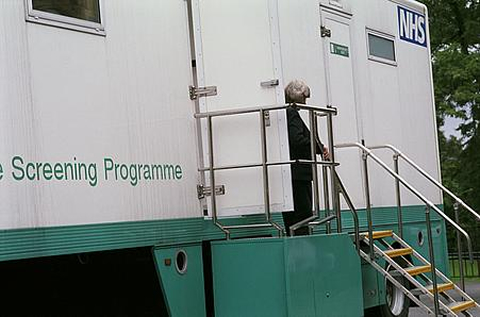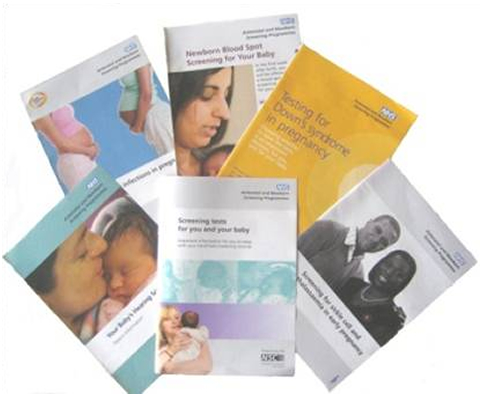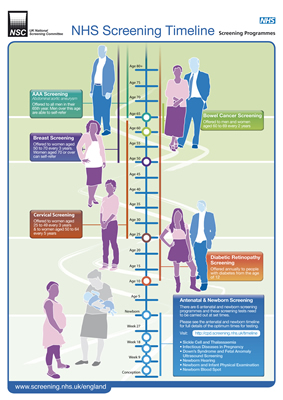Overview and Principles of Screening course


This session provides an overview of the principles and practice of screening, clarifying relevant terms and detailing the concept of informed choice.
Learning Objectives
By the end of this session you will be able to:
- Define and distinguish between the key terms of screening, testing and diagnosis
- Define the components of a screening programme
- Explain the measures used to assess the effectiveness of a screening test
- Explain the importance of patient or parent information in facilitating informed screening choices
Screening is now part of mainstream NHS and public health services. Over the past decade six antenatal and newborn, and two adult screening programmes have been implemented. There are also the established cancer screening programmes, offered to adults.
Healthcare professionals need to know what is offered, when it should be offered and the possible outcomes, in order to offer patients evidence-based care and informed choices.
Jo Harcombe [MA, BA (Hons), DPSM, RM, RN] is currently the National Education Lead to the UK NSC screening programmes (England). This role covers the non-cancer screening programmes for England and ensures delivery of a cross-programme, multidisciplinary education strategy that supports NHS staff, commissioners and education institutes. Jo chairs several groups across the UK NSC and is a representative for the UK NSC across several organisations and stakeholder groups.
Prior to commencing this role Jo worked as a clinical midwife and senior lecturer in midwifery and women’s health and led several education projects related to clinical governance/risk management. Jo started working for the UK NSC in 2001 as a Regional Screening Coordinator for the North East region, and took on the education remit in 2002 part-time and full-time in 2004.
Jo’s Masters Degree is in Educational Leadership and her dissertation explored the use of ‘distributed leadership’ in the NHS as a means of securing sustainable professional education for screening.

- End of Life Care | Spiritual care | Spirituality a...
- Posted By eIntegrity Healthcare e-Learning
- Posted Date: 2025-01-10
- Location:Online
- This session will look at what health and social care professionals mean when they talk about 'spirituality' and outline how this understanding is central to the philosophy of end-of-life care. This session was reviewed by Simon Betteridge and Richard K
- End of Life Care | Spiritual care | Spirituality a...
- Posted By eIntegrity Healthcare e-Learning
- Posted Date: 2025-01-10
- Location:Online
- This session aims to help you develop an understanding of the importance of effective team working for the delivery of spiritual care and the importance of leadership, task, and respect for other team members and the disciplines they represent. This sessi
- End of Life Care | Spiritual care | Spiritual reso...
- Posted By eIntegrity Healthcare e-Learning
- Posted Date: 2025-01-10
- Location:Online
- In this session you will explore the meaning of the term spiritual resources and consider the relevance of them to a dying person’s quality of life. This sesson was reviewed by Rebecca Whiting and Sarah Hanrott and last updated in June 2023.
- End of Life Care | Spiritual care | Spiritual care...
- Posted By eIntegrity Healthcare e-Learning
- Posted Date: 2025-01-10
- Location:Online
- This session will enable the participant to understand the different models that can be used for spiritual interventions and how using them can enhance and/or improve the person's care. This session was reviewed by Rebecca Whiting and Sarah Hanrott and l
- End of Life Care | Bereavement care | Talking abou...
- Posted By eIntegrity Healthcare e-Learning
- Posted Date: 2025-01-10
- Location:Online
- This session explores the cultural issues surrounding death and dying in the UK and offers guidance on how to talk about this often difficult subject. This session was reviewed by Sarah Hanrott and last updated in June 2022.








